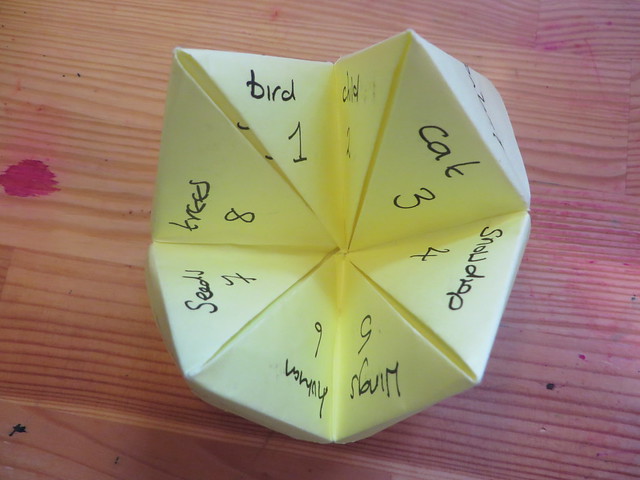I saw this question being asked by a teddy bear in a window as I was out for a walk yesterday. I found it quite an arresting image, it made me stop and take a picture, and it also made me think am I feeling more normal now? My answer, well to be honest I’m not really sure.
I can’t remember if has ever been “normal” to put a teddy bear in your window asking deceptively simple questions. Since the first lock down, putting signs of support on windows has become normal. Starting with rainbows to support the NHS, and then various other campaigns such as Black Lives Matter. There was a reassuring and visible sense of community and collective hope and struggle in the variety, scale and at times imagination in these images. Particularly when we couldn’t mix with each other, and our “out door activity” was pretty much limited to walking in our local neighbourhoods. As lockdown measure have eased, these signs have become less commonplace. I kind of forgot about mine and eventually took them down.
But this in the window, the “cute” teddy, the apparently comforting but actually quite disturbing (for me anyway) question. This was a different experience from the lifting of spirits that a run of NHS rainbow windows gave me. So, of course I thought I’d share on social media to see what others thought. I got a quite a few likes on FB and just one comment /question “what is normal?”, LinkedIn similar, with someone telling me that they would feel normal when they got to Jamaica next week (I’m presuming for a holiday). Thank goodness for twitter – and thanks to everyone who responded. Elaine’s response resonated with my feelings
Do we really understand what is “normal” now? Sui-Ming added to this with some really salient points about the realities that we face and the lack of meaningful contextual discourse around “normal”.
Despite political drives to “get back to normal”, COVID has not gone away. Tens of thousands of people are contracting it every week, and at least for the time being here in the UK, having to isolate. This makes “normal” teaching even more challenging, as Sui-Ming so succinctly highlighted. Consistency of experience for staff and students is constantly changing. The nuances of hybrid teaching are just starting to be understood. How to “normalise” it, imho is a huge challenge.
Aileen also shared something that resonated
I don’t know about you, dear reader, but I still feel quite on edge at times, not wanting to plan to much just incase another strain arrives and we go back to more limited/lock down measures. Mind you, in the current UK political context, any kind of restrictions are pretty much doomed to fail since it came to light that the UK PM was ignoring all of them all along.
I do think there needs to be a wider discussion that takes us beyond the “back to normal” rhetoric. We are now in a new phase of, well I’m not sure what, but of something that means we can’t go back to the perceived normality of life pre March 2019. Remember that version of normal wasn’t particularly inclusive so we really don’t want to go back there. We’ve all lived, worked, learned, taught from home (generally pretty successful) now. For many support staff in universities working from home was almost unthinkable 2 years ago. Do we want those “normal” attitudes surrounding presenteeism to take hold again? But maybe it’s already too late for that one . . . Similarly with learning and teaching, do we really need to go back to perceived normal of large lectures? Can’t we really take the opportunity to make some fundamental and necessary changes to our curricula that reflect the lived experiences of the past 2 years, are inclusive and accessible.
I wrote recently about recovery and the need for it in education. I think we are all going through a period of convalescence, but not admitting that we need to allow a period of recovery for ourselves, our organisations, our society to rebuild. We don’t actually have to go back to, for example exams, it actually doesn’t matter if you get to 17 and haven’t sat a “proper exam”. There are alternatives, that work just as well that involve far less stress.
So maybe the answer to the question am I feeling more normal now? is no, and I don’t want to. What do you think, would love to hear your thoughts in the comments.








